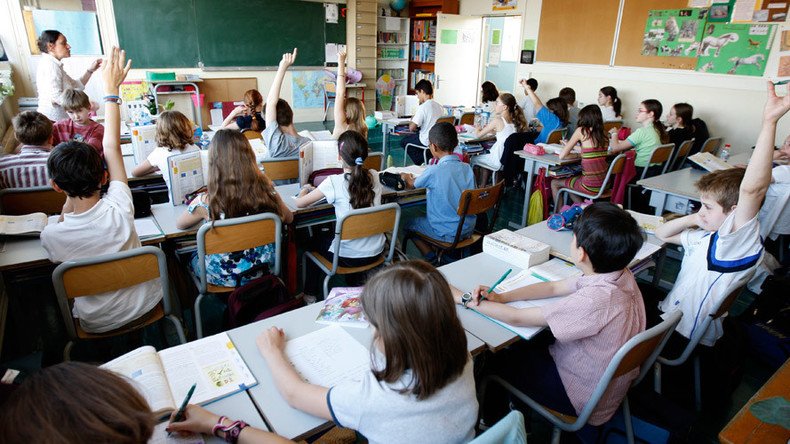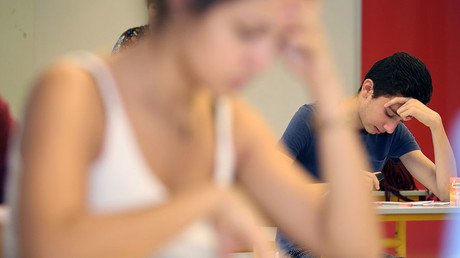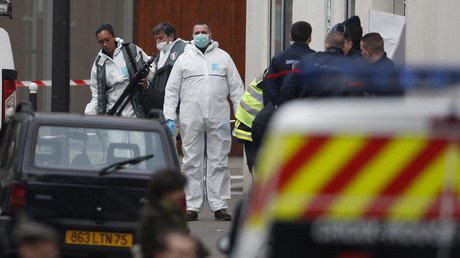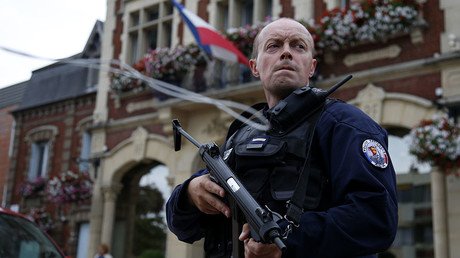School mock attacks & reporting radicalized youth: French govt rolls out new anti-terror measures

French authorities have issued new security guidelines for schools, which include three attack drills a year and advice to report on all suspected radicalized students. Teachers and children over 14 years old will now be taught a terror readiness course.
“The recent attacks and the context of the terrorist threat force [us] to maintain a stepped-up vigilance,” according to the official document of the plan, signed on July 29.
The paper also emphasizes the “absolute priority” given to the security at the educational facilities.
In particular, the plan includes students being taught “life-saving actions,” a step up in security for so-called “vulnerable spaces,” as well as live drills.
The measures were introduced by Education Minister Najat Vallaud-Belkacem and Interior Minister Bernard Cazeneuve, and they are set to improve security at school upon the students’ return.
So what are those protective measures for schools?
First of all, three “mock attacks” are set to be carried out at schools during the year. Earlier, there used to be two exercises on security. The first of the “mock attacks” will happen before Halloween.
One of the drills is set to involve an “intrusion-type” attack. During the 45-minute exercise, students will have to barricade themselves in the classroom, move away from doors, walls and windows, turn off the lights, and stay as silent as possible. Children will also be asked to lie or sit on the ground for 20 to 30 minutes, the document said.
The warning given in this type of situation "must be different from the fire alarm" and "should be heard," it added.
Also, on the day before the return to schools, authorities are set to test sending an SMS alert warning students and staff about an attack.
Another measure will be teaching students and staff “life-saving” techniques to improve the "resilience capacities," that is to say "the ability not to be surprised and to have good reactions." Further details about this point will be made precise “before the return to school.”
Thirdly, special attention will be paid to securing "particularly vulnerable areas of schools" (for example, isolated access, especially exposed facades). Also, street supervision in the close proximity of schools will be stepped up.
The document also tackles the importance of informing parents, as well as students, of the new guidelines.
Last but not least, the text says that a particular attention should be paid to monitoring students and staff "reported to have entered a process of radicalization."
For the most sensitive situations, school leaders would be informed "to study the conditions of schooling and educational follow-up of these young people."
The same step is intended for school staff.
Over the past year, France has seen a growing number of attacks all over the country.
Last month, two attackers slit a priest’s throat in the north of France, taking several worshipers hostage, while in Nice on Bastille Day, 85 people were killed, after a truck driven by an IS sympathizer plowed through a crowd during the celebrations.















